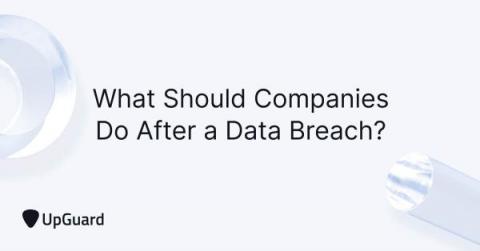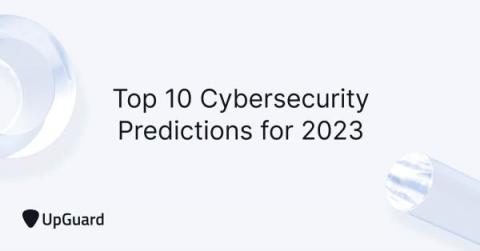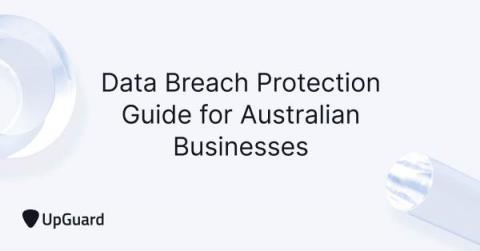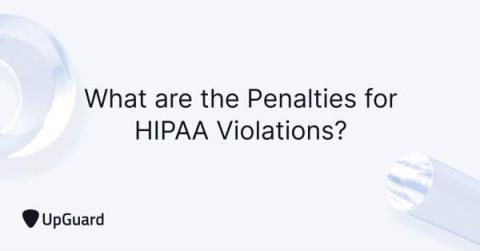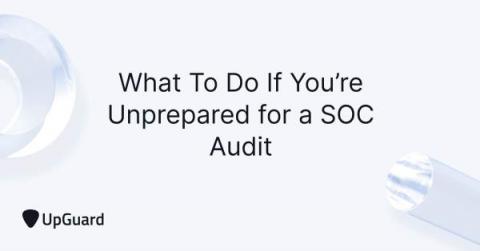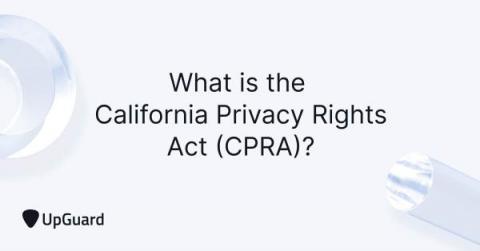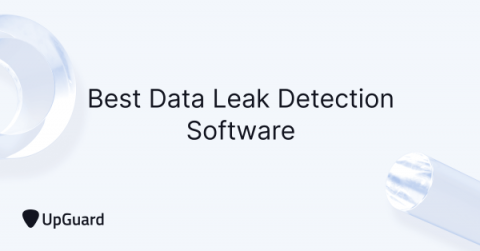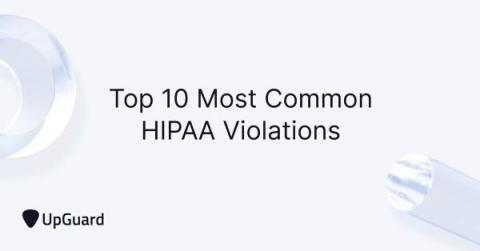What Should Companies Do After a Data Breach?
Few companies expect to be at the center of a newsworthy data breach incident. However, according to some sources, cybercriminals can access 93% of businesses in an average of two days. Around 150 million data records were compromised in the third quarter of 2022 alone. Businesses are increasingly reliant on data systems such as cloud computing and remote working to compete in the modern workplace.


